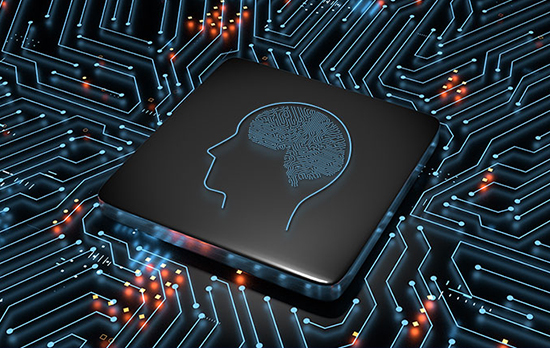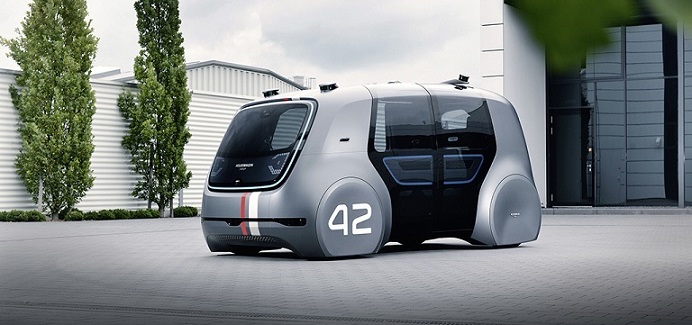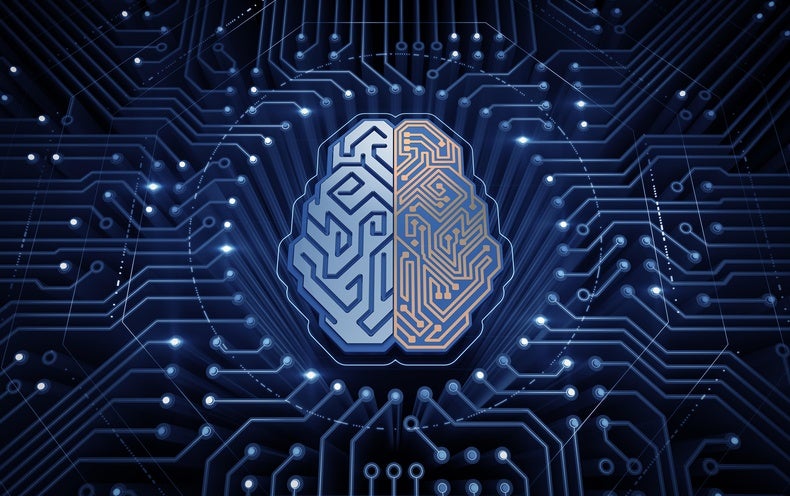Artificial Intelligence is one of the most revolutionary industries of the 21st century, and it’s only the beginning. AI has significant potential, and we’ll likely see some substantial Artificial Intelligence improvements in the upcoming years.
Here’s a quick overview of how AI is changing the world, along with some AI improvements we are likely to see in the future.
So, let’s delve in.
Artificial Intelligence Improvements: How Is AI Changing the World?
Table of Contents
Most people have heard of Artificial Intelligence. In fact, they even know it’s disrupting every industry out there. But how? That’s where some people go blank. So, let’s start with a brief overview of how AI is changing the world.
One of the biggest areas impacted by AI is data science and analytics. Companies have been using AI to get better access to data, improve data privacy, and improve decision-making. Hospitals are also using AI for robotic surgery.
In all, AI and its applications make people’s lives easier and allow them to be more efficient. And without even realizing it, we are already surrounded by AI. From Google Assistant or Siri in your phone to smart cars and drones to automatic product recommendations on Amazon, AI is everywhere.
Artificial Intelligence Improvements: Which Industries Use AI?
The use of AI differs from industry to industry. So, let’s take a quick look at how each industry uses AI.
- Healthcare: Accurate diagnosis and treatment, drug discovery, medication management, medical imaging, and robotic surgery
- Food: Food sorting, size/shape/color analysis, quality check, automated food ordering and preparation triggers, etc.
- ECommerce and Retail: Product recommendations, customer personalization, data collection, and analysis, etc.
- Banking and Financial Services (BFSI): Claims processing and settlement, fraud detection, and customer support
- Logistics and Transportation: Predictive analytics, sorting and packaging of products, supply chain management, self-driving vehicles, and automated routing and scheduling
- Travel: Respond to customer queries, identify purchasing patterns, determine customer behavior, and improve customer experience
- Real Estate: Find agents and customers, find the best properties, offer 24/7 support via chatbots, and more.
Also, please note that these are not all industries using AI. Almost every industry on the planet can use AI to improve its operations, reduce costs, increase efficiency, and improve profitability.
Artificial Intelligence Improvements: Future Developments to Watch Out for
The concept of AI dates back to 1956 when the term Artificial Intelligence first came into existence. However, it wasn’t until the late 1990s and early 2000s when AI investment boomed, and its real-life applications became evident. Since then, AI has come a long way, but experts believe AI is only in its primitive stage.
So, let’s look at some Artificial Intelligence developments and how AI will change the world.
Vaccine Development
The pandemic has taught us many lessons, of which the most important is that vaccines are the best medicine. However, vaccines take time to develop. Ideally, it takes a total of 10-15 years of testing and production to develop a reliable vaccine for any disease. Sadly, this long duration can lead to severe damage.
AI is accelerating vaccine development, and AI models to build vaccines are already under testing. Baidu has developed a LinearFold AI algorithm to speed up vaccine development by 120 times. If it succeeds, the vaccine problem of the world can be solved to a large extent.
AI-Enabled Chips
The period of 202-2021 witnessed the rise of AI-enabled chips. These are an upgraded version of standard electric chips and are designed to do specific tasks. The main idea is to optimize systems for deep learning and other AI applications.

Hence, several companies have introduced AI processors that come with high performance, reduce usage costs, and promote AI adoption. Once these chips become the mainstream, they’ll power smart cities and transportation, manufacturing devices, and even computers and smartphones.
Quantum Computing
The past couple of years have witnessed significant advancements in the field of quantum computing. It refers to using quantum mechanics to enhance computing power and solve complex problems. In a nutshell, quantum computing involves harnessing quantum physics to perform computation.
AI can play a vital role in the development of quantum computing. For instance, Quantum computing can enhance AI applications on a much larger scale compared to classical computers that use binary concepts. For instance, you can use a quantum computer to run a Machine Learning model through a much larger dataset compared to a standard computer.
Also, several ML development toolkits like Paddle Quantum exist. Developers and scientists can use these toolkits to develop quantum neural network models and train them for required tasks.
Applied NLP
Natural Language Processing (NLP) is one of the most prominent applications of AI to date. However, what we know thus far is only the tip of the iceberg. The applications of NLP go beyond what we know now. The main idea behind NLP is to leverage sentiment and intent analysis to generate language similar to human speaking and writing.
Overall, the focus of NLP development in the future years will be on the visual aspects of language processing. This includes achieving cutting-edge vision language analysis, allowing computers to interact with physical elements intimately.
Robotaxis
Let’s end this list with one of the most exciting Artificial Intelligence improvements for the future – robotic taxis. Autonomous driving is already on the rise, with car manufacturers like Tesla offering it in their cars. However, we are nowhere close to fully autonomous vehicles that need human involvement.

This seems to be a realistic idea in the upcoming years. Companies are working on robotaxis, which will automatically drive while ensuring the safety of the passenger sitting inside. With technologies like 5G and IoT becoming the norm, the future of robotaxis looks bright.
Conclusion: Artificial Intelligence Improvements
There’s a lot of debate on the extent to which AI can go. Some believe its applications are limited to data science and analytics only, whereas others believe it can help us develop human-like robots. The reality is that we can expect something in between the two extremes. However, the only thing we can do is wait and watch to see how the future of AI unfolds.

